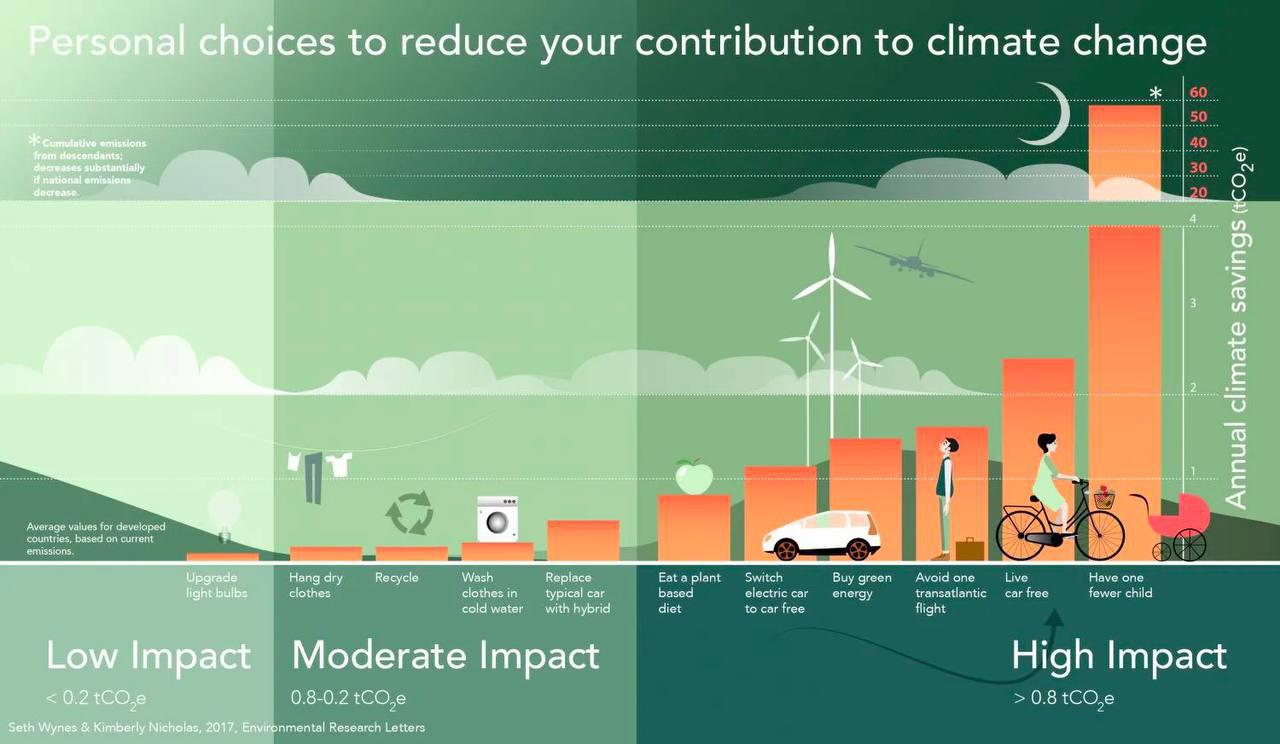Picture #7 is peak. Trolleys and wagons, but no cars.
Peak.
Toronto : Eglington.. Oh wait.
Every provincial and state DOT in North America has this 1950s sprawl / freeway ideology so deeply embedded. It's crazy. They don't accept any new statistics or science.
Even in California and BC (both progressive governments currently) nobody has talked about the regressive DOTs.
We don't notice, because regressive urban planning is considered normal in North America. We're basically brainwashed by thinking its normal from a young age.
I'm not actually Степан, I just like the cat
I'm not actually Степан, I just like the cat
Warren Farrell and Scott Galloway went into this
This is a little stupid and almost a safety hazard because of the confusion it causes.
There are tried and tested ways of traffic calming, this one isn't that smart.
More renewable energy , less fossil fuels
More density, less sprawl
More transit, less cars
I still don't understand why not USA / Canada, where cars are very common
Damn. I think they should still give food, but yeah he should gtfo.



